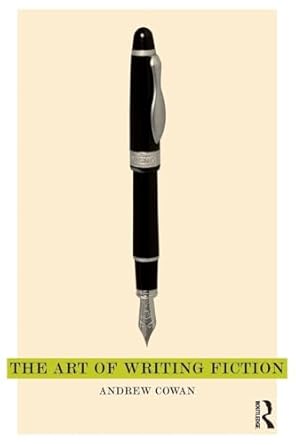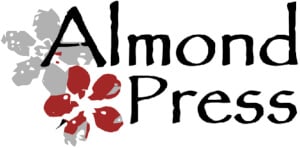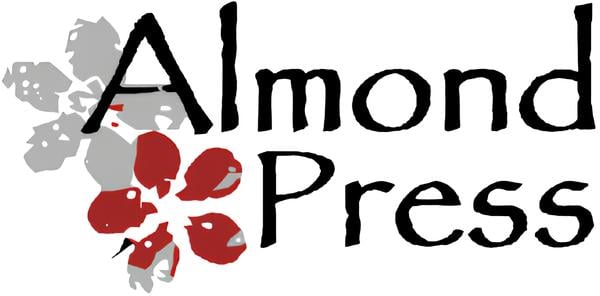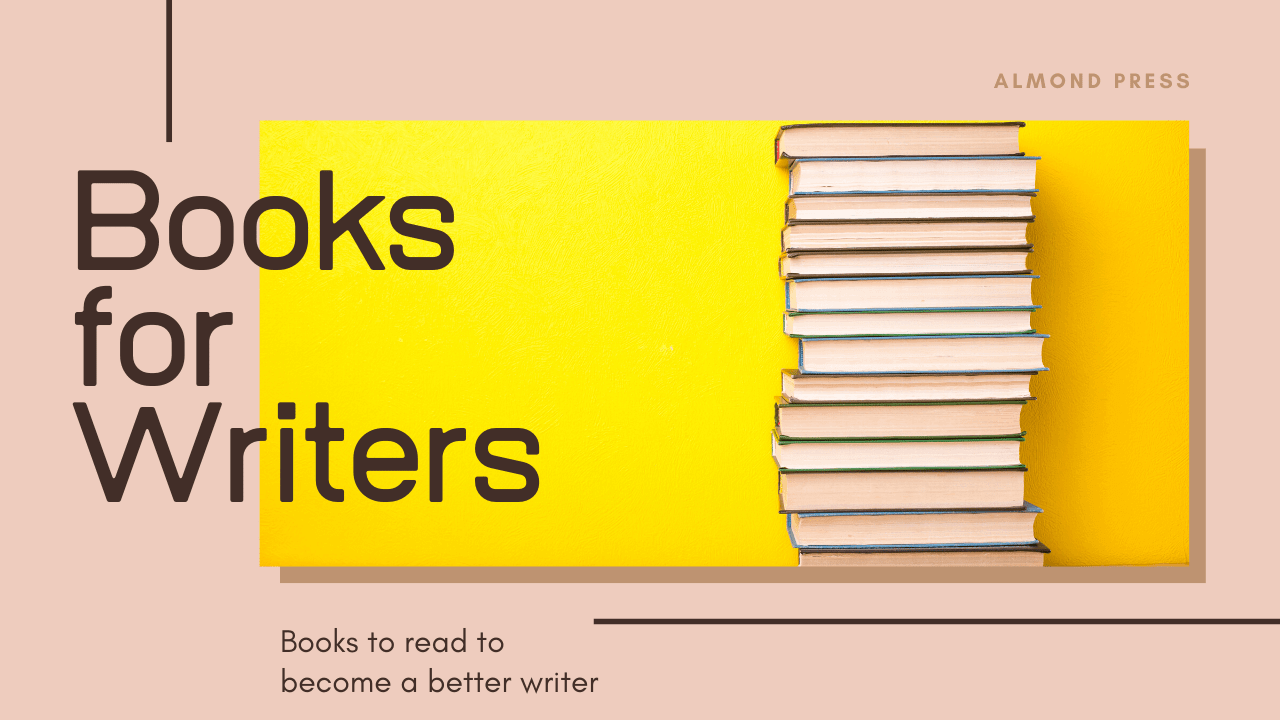
We have put together a list of what we consider the best books about writing and the creative writing process. This selection of works includes both practical guides on storytelling techniques as well as inspiring reflections on the writing life. We have selected each book in this list for its ability to enrich your understanding of writing and to fuel your creativity. Whether you’re working on a novel, a memoir, or writing a collection of short stories, we believe these books are great companions to help you improve your writing craft and find your voice.
As an Amazon Associate we earn from qualifying purchases.
How to Write Short Stories and Get Them Published by Ashley Lister
A practical guide for writers of all levels who want to excel in short story writing. This book covers the entire process, from generating ideas to editing and submitting stories for publication, providing advice to make stories more compelling and marketable.
Learn more and shop for this book on Amazon (link opens in new window).
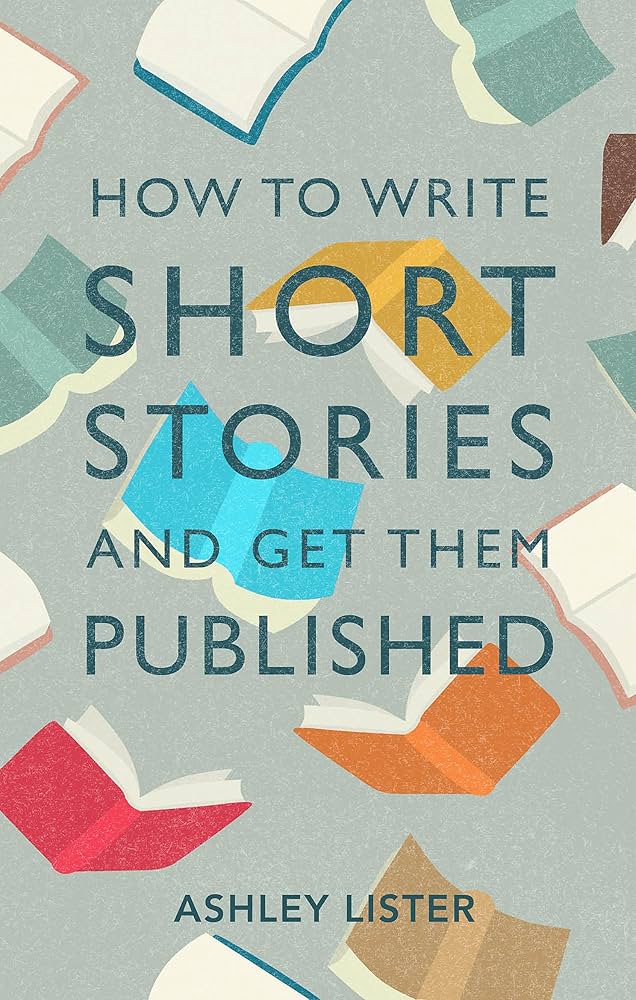
Zen in the Art of Writing by Ray Bradbury
Bradbury’s inspirational essays on the joy and discipline of writing. He delves into his own writing process, revealing the mindset and passion that drive creativity, and encourages writers to embrace writing as an exhilarating and fulfilling pursuit.
Learn more and shop for this book on Amazon (link opens in new window).
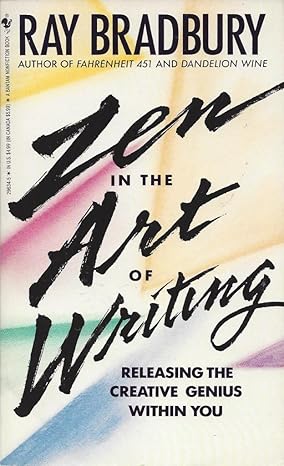
On Writing: A Memoir of the Craft by Stephen King by Stephen King
Part autobiography, part writing manual, King offers an honest look at his personal journey as a writer, along with practical advice on the craft. He covers everything from grammar to style and shares valuable lessons for developing storytelling skills.
Learn more and shop for this book on Amazon (link opens in new window).
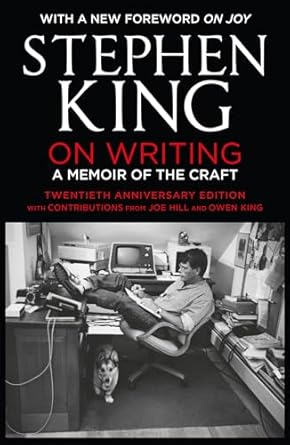
The Writing Life: Writers On How They Think And Work by Marie Arana
A compilation of reflections and advice from renowned writers who discuss their unique approaches to writing, challenges they’ve faced, and personal philosophies. This book provides insight into the diverse ways writers approach the creative process.
Learn more and shop for this book on Amazon (link opens in new window).
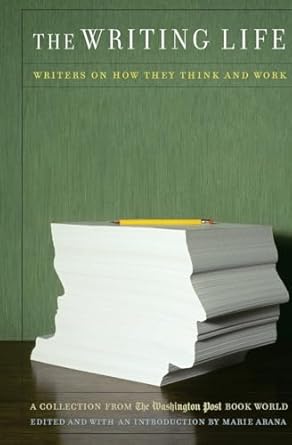
Self-Editing for Fiction Writers: How to Edit Yourself into Printby Rennie Browne and Dave King
A toolkit for fiction writers aiming to refine their work through self-editing. It includes practical techniques for improving dialogue, point of view, and pacing, with exercises and examples to help writers develop a polished, professional manuscript.
Learn more and shop for this book on Amazon (link opens in new window).
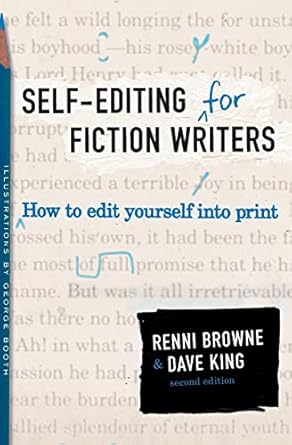
Write. Publish. Repeat.: The No-Luck-Required Guide to Self-Publishing Success by Sean Platt and Johnny B. Truant
A comprehensive guide to self-publishing, offering advice on writing, publishing, and marketing. The authors share proven strategies for building an audience and achieving financial success as an independent author, even without relying on luck.
Learn more and shop for this book on Amazon (link opens in new window).
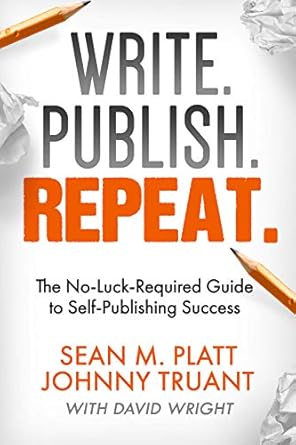
Story Genius: How to Use Brain Science to Go Beyond Outlining and Write a Riveting Novel by Lisa Cron
Cron explores the neuroscience behind storytelling, providing insights to help writers understand what makes readers care about a story. She introduces techniques for creating deeper emotional connections with characters and crafting a compelling narrative.
Learn more and shop for this book on Amazon (link opens in new window).
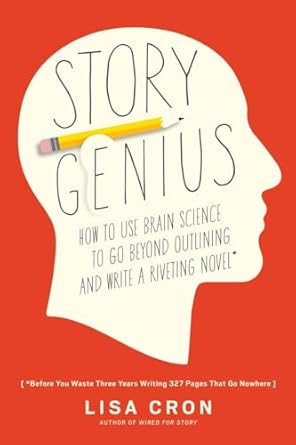
Steering the Craft: A Twenty-First-Century Guide to Sailing the Sea of Story by Ursula K. Le Guin
Le Guin provides a masterclass in storytelling with exercises designed to sharpen a writer’s style and voice. Her book encourages writers to experiment with language and explore the nuances of storytelling, making it a valuable resource for all storytellers.
Learn more and shop for this book on Amazon (link opens in new window).
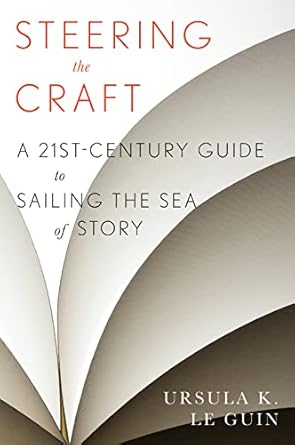
Writer’s Journey: Mythic Structure for Writers by Christopher Vogler
This book adapts Joseph Campbell’s hero’s journey framework for writers, providing a roadmap for structuring stories with mythic resonance. Vogler discusses the archetypal characters and stages of a story, making it ideal for screenwriters and novelists alike.
Learn more and shop for this book on Amazon (link opens in new window).
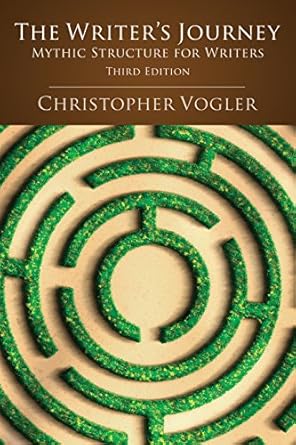
The Forest for the Trees: An Editor’s Advice to Writers by Betsy Lerner
Written by a seasoned editor, this book offers a behind-the-scenes look at the publishing process and insights into what editors look for in manuscripts. Lerner’s advice helps writers navigate the path to publication and improve their craft.
Learn more and shop for this book on Amazon (link opens in new window).
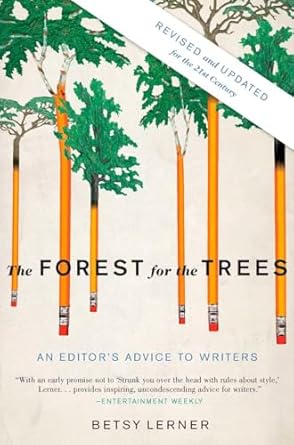
Naked, Drunk, and Writing: Shed Your Inhibitions and Craft a Compelling Memoir or Personal Essay by Adair Lara
A guide to writing personal essays and memoirs that captivate readers. Lara encourages writers to reveal their true selves on the page, offering exercises and advice on crafting honest, engaging, and relatable stories from personal experiences.
Learn more and shop for this book on Amazon (link opens in new window).
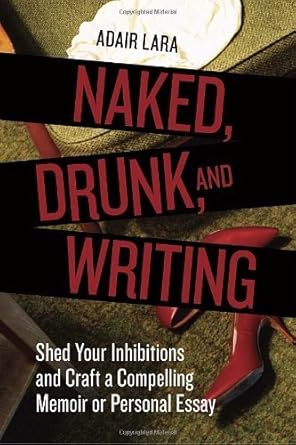
On Writing Well: The Classic Guide to Writing Non-Fiction by William Zinsser
A classic manual on writing with clarity and purpose, this book covers everything from style to structure. Zinsser emphasizes simplicity and encourages writers to eliminate clutter, making it essential for nonfiction writers in all fields.
Learn more and shop for this book on Amazon (link opens in new window).
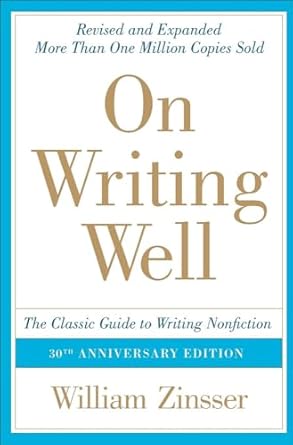
Word Work: Surviving and Thriving As a Writer by Bruce Rogers
Practical advice on the lifestyle of writing, from overcoming procrastination to managing financial pressures. Rogers provides strategies for maintaining productivity and staying motivated, ideal for writers navigating the challenges of a writing career.
Learn more and shop for this book on Amazon (link opens in new window).
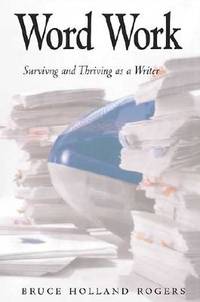
The Kick-Ass Writer: 1001 Ways To Write Great Fiction, Get Published, And Earn Your Audience by Chuck Wendig
An energetic collection of writing tips and insights, covering all aspects of the writing journey. Wendig’s advice is direct, humorous, and actionable, making it a valuable resource for aspiring and seasoned writers alike.
Learn more and shop for this book on Amazon (link opens in new window).
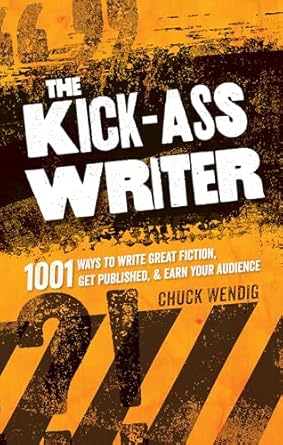
Writing into the Dark: How to Write a Novel without an Outline by Dean Wesley Smith
Smith encourages writers to trust their instincts and let stories unfold organically. His approach focuses on writing without outlines, allowing the narrative to develop naturally, making it ideal for writers looking to break from structured approaches.
Learn more and shop for this book on Amazon (link opens in new window).
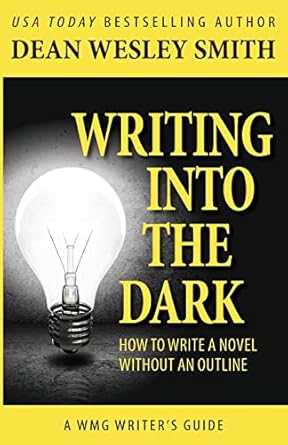
Everybody Writes: Your Go-To Guide to Creating Ridiculously Good Content by Ann Handley
A comprehensive guide to writing content that engages and informs. Handley’s book covers everything from grammar to creating a compelling brand voice, making it invaluable for anyone involved in content creation and marketing.
Learn more and shop for this book on Amazon (link opens in new window).
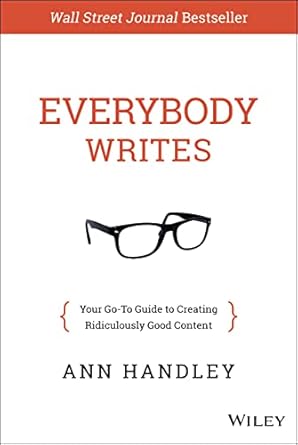
Letters to a Young Writer by Colum McCann
A collection of letters offering thoughtful advice on the art of writing and navigating the writing life. McCann’s guidance covers inspiration, resilience, and the importance of empathy in storytelling, making it a heartfelt guide for writers at all stages.
Learn more and shop for this book on Amazon (link opens in new window).
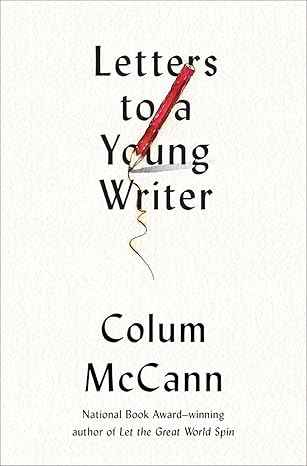
Aspects of the Novel by E.M. Forster
An insightful exploration of the elements of novel writing, including plot, character, and theme. Forster’s classic work examines the creative decisions that shape a novel, providing a foundation for understanding novel structure and storytelling.
Learn more and shop for this book on Amazon (link opens in new window).
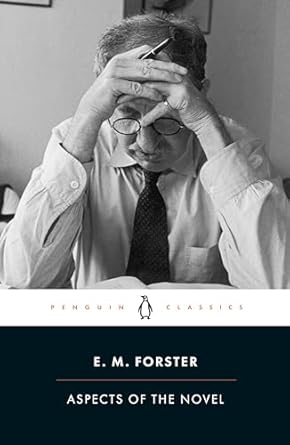
Writing to Deadline: The Journalist at Work by Donald M. Murray
A practical guide for journalists and writers working under pressure. Murray provides advice on managing time, developing ideas, and meeting deadlines, offering insights into the fast-paced world of journalism.
Learn more and shop for this book on Amazon (link opens in new window).
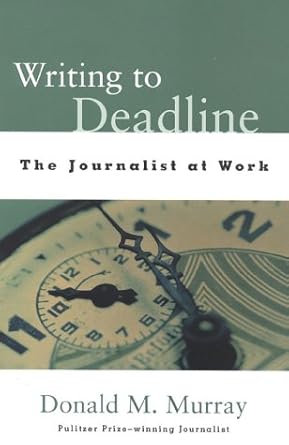
Writing Down the Bones: Freeing the Writer Within by Natalie Goldberg
Goldberg’s exercises and meditations encourage writers to embrace their unique voices and approach writing as a creative, freeing process. Her book is filled with inspiration and practical advice for writers of all levels.
Learn more and shop for this book on Amazon (link opens in new window).
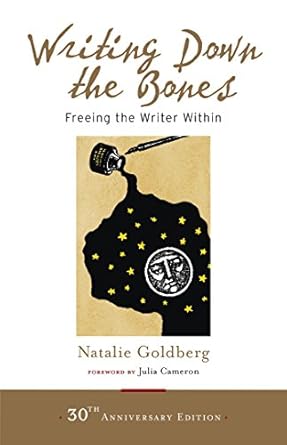
Lifelong Writing Habit: The Secret to Writing Every Day: Write Faster, Write Smarter by Chris Fox
A guide to developing a consistent writing practice, with strategies for overcoming obstacles and writing efficiently. Fox’s book is a valuable resource for anyone looking to make writing a daily habit.
Learn more and shop for this book on Amazon (link opens in new window).
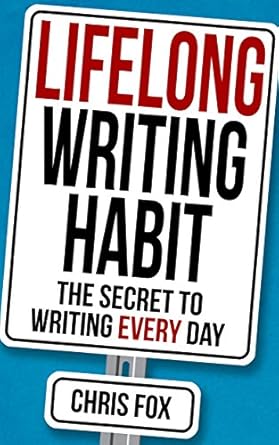
The Art of Subtext: Beyond Plot by Charles Baxter
Baxter explores the importance of subtext in storytelling, showing how subtle elements can add depth and complexity to fiction. His book is a guide to mastering the unspoken and creating a richer reading experience.
Learn more and shop for this book on Amazon (link opens in new window).
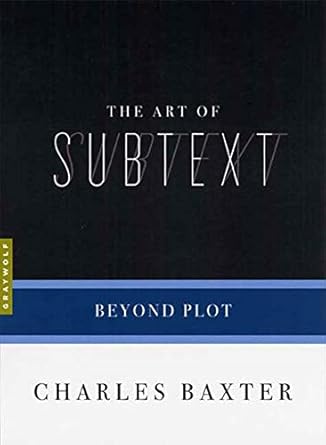
The Art of Description: World into Word by Mark Doty
Doty offers a poetic approach to description, helping writers create vivid imagery that brings the world of their story to life. His insights are useful for writers looking to enhance their descriptive skills.
Learn more and shop for this book on Amazon (link opens in new window).
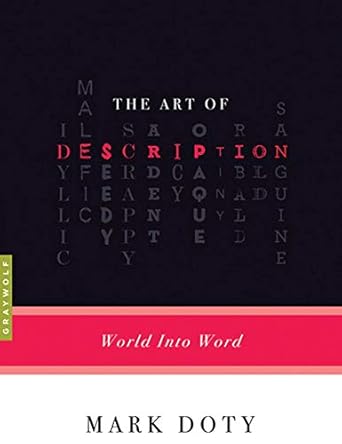
The Successful Author Mindset: A Handbook for Surviving the Writer’s Journey by Joanna Penn
A guide to developing resilience and staying motivated throughout the writing process. Penn provides strategies for managing self-doubt and embracing the challenges of a writing career.
Learn more and shop for this book on Amazon (link opens in new window).
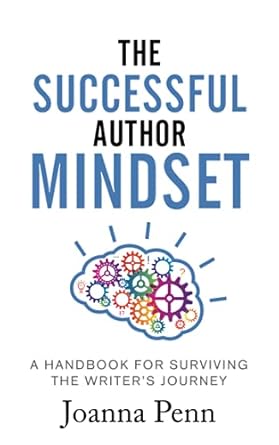
How Fiction Works by James Wood
An analysis of the mechanics of fiction, including character development, narrative voice, and style. Wood’s book provides insights into the artistry behind great storytelling.
Learn more and shop for this book on Amazon (link opens in new window).
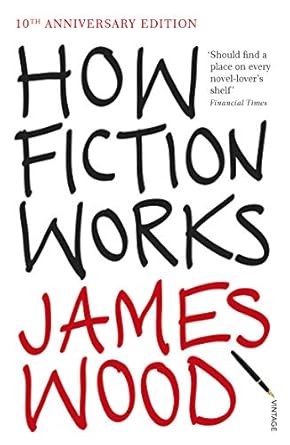
Into The Woods: How Stories Work and Why We Tell Them by John Yorke
Yorke explores storytelling structures, examining why certain story patterns resonate with audiences. His book provides a theoretical framework for understanding and crafting compelling narratives.
Learn more and shop for this book on Amazon (link opens in new window).
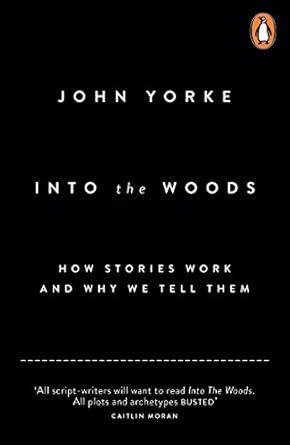
The Seven Basic Plots: Why We Tell Stories by Christopher Booker
A study of universal story archetypes, Booker’s book examines the recurring plots that underpin all storytelling, providing writers with an understanding of timeless narrative structures.
Learn more and shop for this book on Amazon (link opens in new window).
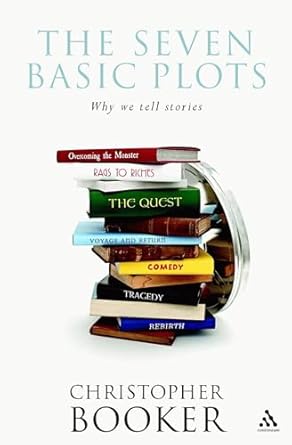
The Art of Writing Fiction by Andrew Cowan
A comprehensive guide to the craft of fiction, covering essential elements like plot, character, and theme. Cowan’s book is ideal for writers looking to deepen their understanding of the art and science of fiction writing.
Learn more and shop for this book on Amazon (link opens in new window).
